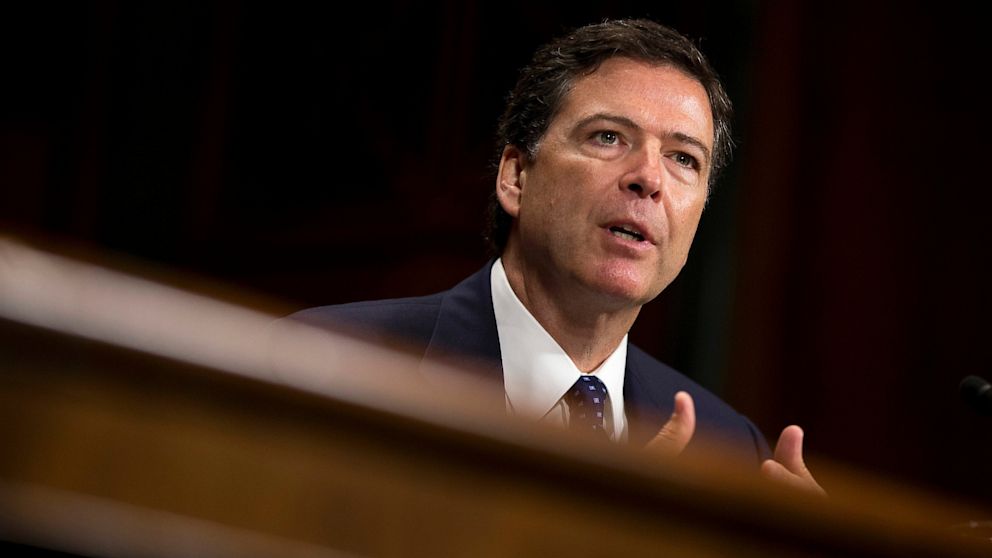FBI Director James Comey: 'I Worry' About Threat From Homegrown 'Pajama' Jihadists
Radicalized Americans have gone to Syria to fight, James Comey reveals

Jan. 9, 2013 -- The continuing conflict in Syria is raising very real concerns about new terror threats emerging in the United States, FBI Director James Comey said today.
"My concern is that people can go to Syria, develop new relationships, learn new techniques and become far more dangerous, and then flow back" to the U.S., Comey said in an interview with reporters.
Dozens of radicalized Americans have gone to Syria to fight, Comey revealed, and he said he and other counter-terrorism officials fear that Syria has become a training ground for a new generation of terrorists.
An American-born terrorist trained in the Syrian war could try to slip back into the U.S. and use their training and their knowledge to launch a deadly attack, Comey said.
"Because the conflict in Syria has attracted so many people, from so many places, of so many motivations, including Americans," Comey said, "it is an enormous challenge for all intelligence services, including the FBI, to identify the ones of bad intent, figure out where they're going, why they're going and to keep track of them."
"I have a sense of, a pretty good handle on Americans who have traveled, or tried to travel, but I don't want to be overconfident because as I said, there are so many ways to get from here to Syria that you never want to have high confidence that you know everyone who's gone," Comey said, noting that the FBI has also made a priority to find and track "homegrown" terrorists who are self-radicalized on the Internet.
A number of FBI undercover "sting operations" have stopped some chilling plots, Comey said, adding that the work against terrorist here at home will continue.
"I worry particularly about their interest in soft targets," Comey said. They "can be hard to spot, hard to find, can be anywhere in their pajamas, convincing themselves they need to engage in some kind of misguided jihad."
Comey's views were aired during his second wide-ranging briefing with reporters since he took over the leadership of the FBI last fall. The new FBI director shared his views about subjects ranging from international and homegrown terror, to Edward Snowden, and Olympic and Super Bowl security.
On the subject of Snowden, the former NSA contractor who disclosed that the U.S. was collecting phone, email and Internet data on millions of Americans, Comey declined to comment directly, but suggested he was "confused" about how people who would illegally disclose information about lawful classified programs could be deemed heroes.
"When you are talking about the way we track terrorists, or the identity and location of agents, I struggle to understand how you can apply the hero whistleblower label to that kind of information."
But when asked if he would be comfortable if the phone companies or a third party held the metadata, rather than the government, Comey said, "Potentially, sure. I don't know if that would address people's concerns about private data being aggregated. But sure, conceivably in theory if you had the right technology, it might be just as fast and just as useful in another facility."
The FBI director said he opposed possible new restrictions on "National Security Letters," the instrument that the FBI uses to demand information critical to national security from phone companies, Internet providers and others. He said the "NSL'swere already heavily regulated, and are often important building blocks for national security investigations."




